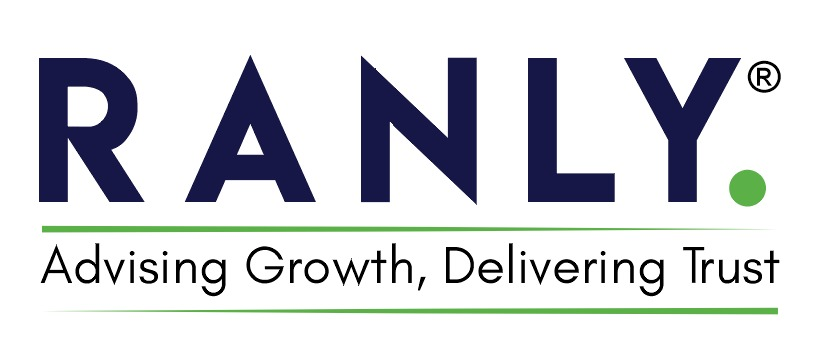What is a partnership firm ?
One of the most significant types of business organization is a partnership. A partnership firm is formed when two or more people join forces to start a business and distribute profits according to a predetermined formula. Any type of trade, occupation, or profession is included in the partnership business. In comparison to companies, forming a partnership firm is simple and requires fewer compliances.
Partnership firms in India are governed and regulated by the Indian Partnership Act, 1932. Partners are the individuals that join together to form a partnership firm. A contract between the partners establishes the partnership firm. A partnership deed is a contract between partners that governs the relationship between them as well as between the partners and the partnership firm.
Advantages of Partnership Firm ?
Less Compliances:
In comparison to a business or an LLP, a partnership firm is subject to far less regulations. A Digital Signature Certificate (DSC) and Director Identification Number (DIN), which are necessary for company directors and designated partners of an LLP, are not required for the partners. Any modifications in the business can be readily implemented by the partners. Their operations are subject to legal constraints. It is cost-effective, and the registration process is less expensive than incorporating a company or a limited liability partnership. The dissolution of a partnership firm is simple and requires few legal procedures.
Quick Decision:
Because there is no distinction between ownership and management, a partnership firm's decision-making process is swift. The partners make all of the choices jointly, and they may be put into action right away. The partners have a lot of authority and can do a lot of things on behalf of the firm. They can even do transactions on behalf of the partnership firm without the approval of the other partners.
Sharing of Profits and Losses:
The earnings and losses of the firm are shared equally by the partners. They have complete control over the profit and loss ratio in the partnership firm. They feel a sense of ownership and accountability because the firm's profitability
Sharing of Profits and Losses:
The earnings and losses of the firm are shared equally by the partners. They have complete control over the profit and loss ratio in the partnership firm. They feel a sense of ownership and accountability because the firm's profitability and turnover are based on their efforts. Any losses incurred by the firm will be shared equally or according to the partnership deed ratio, lessening the weight of loss on a single individual or partner. They are jointly and severally accountable for the firm's operations.
3. Disadvantages of Partnership Firm?
Unlimited Liability:
The major drawback of a partnership business is that the partners' liability is unlimited. The loss of the business must be paid out of the partners' personal assets. In a company or LLP, however, the responsibility of the shareholders or partners is limited to the value of their shares. All partners in a partnership firm are responsible for the liabilities generated by one partner. If the firm's assets are inadequate to cover the debt, the partners will be forced to repay the creditors from their personal assets.
No Perpetual Succession:
Unlike a company or an LLP, a partnership firm does not have a permanent succession. This means that a partnership business will dissolve if one of the partners dies or if all but one of the partners becomes bankrupt. It can also be dissolved if one of the partners provides the other partners notice of the firm's dissolution. As a result, the partnership business might dissolve at any time.
Limited Resouces:
A partnership business can have a maximum of 20 participants. The number of partners is limited, and as a result, the amount of cash invested in the business is likewise limited. The entire amount invested by each partner makes up the firm's capital. As a result, the partnership firm's resources are limited, and it is unable to engage in large-scale operations.
Difficult to Raise Funds:
It is difficult to raise funds since the partnership firm lacks eternal succession and a separate legal entity. In comparison to a company or an LLP, the firm has fewer possibilities for generating capital and expanding its operation. People have less faith in the firm since there are no strong legal obligations. The firm's financial statements do not have to be made public. As a result, borrowing money from outside parties is difficult.



